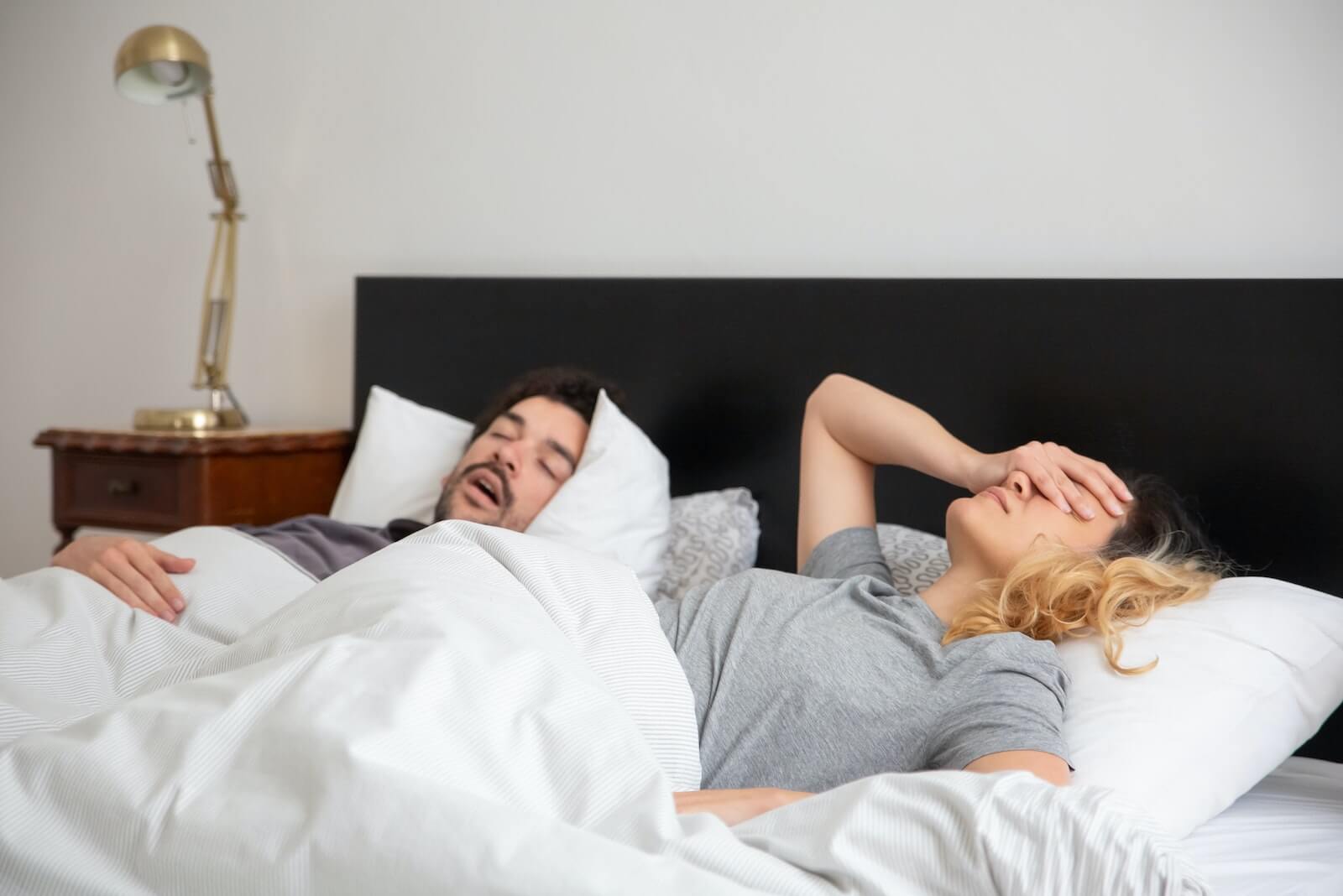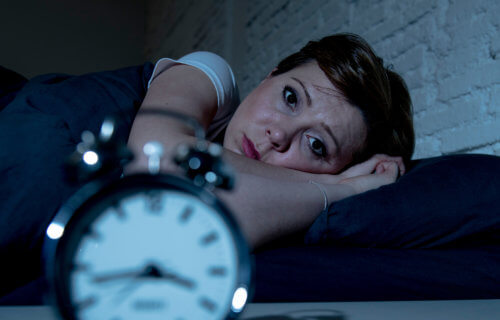ADELAIDE, Australia — Trying to get the recommended amount of sleep is a nightmare for millions across the globe. In an awakening study, Australian researchers from Flinders University discovered that nearly one-third of adults worldwide are unable to get seven to nine hours of sleep nightly. Meanwhile, only 15 percent of people managed to sleep within the recommended range for five or more nights a week.
Even among those who did average seven to nine hours of sleep nightly over a nine-month period, about 40 percent of their sleep did not fall within this ideal range.
“This is crucial because regularly not sleeping enough — or possibly too much — are associated with ill effects and we are only just realizing the consequences of irregular sleep,” says study author Dr. Hannah Scott, a researcher at Flinders University, in a media release.
“Clearly getting the recommended sleep duration range frequently is a challenge for many people to achieve, especially during the working week.”

The study utilized data from sleep trackers placed under mattresses, analyzing the sleep durations of nearly 68,000 adults over nine months. The majority of the participants hailed from Europe and North America, providing a broad insight into sleep trends across these regions.
The findings also pointed to an association between sleeping less than six hours a night on average and an increased risk of mortality, alongside various health conditions such as hypertension, obesity, and heart disease. Conversely, sleeping less than seven or more than nine hours was linked to adverse health outcomes, including digestive and neuro-behavioral issues.
The study revealed gender and age-related sleep patterns, with female participants generally sleeping longer than males, and middle-aged individuals recording shorter sleep durations compared to younger or older people.
“Based on these findings, public health and advocacy efforts need to support the community and individuals to achieve more regular sleep within the recommended range for their age,” notes study co-author Danny Eckert, an Australian National Health and Medical Research Council (NHMRC) leadership fellow and director of Sleep Health research at Flinders University.
In addition to the findings on sleep duration, the study highlighted the relationship between regular snoring and hypertension, underscoring the myriad ways in which sleep quality and duration can impact overall health.

To combat the challenges of achieving sufficient sleep, the Flinders research team provided several tips for better sleep hygiene:
- In the short term, people are advised to try and maintain a sleep schedule that is sufficient for them to feel rested enough, as often as they possibly can. Keeping a fixed wake-up time, even on weekends, and going to bed when you feel sleepy will help ensure you frequently get enough restorative sleep.
- If people can’t keep a consistent sleep schedule due to unavoidable commitments (e.g. shift work), then catch-up sleep is recommended.
- Watch for the symptoms of insufficient sleep such as daytime drowsiness, fatigue, struggling to maintain concentration, poor memory, and potentially making errors while driving. This may be due to not sleeping enough, or the sleep not being restorative enough due to poor sleep quality – as occurs with obstructive sleep apnea, for example.
- People who feel like they might not be sleeping enough, especially those currently sleeping less than seven hours, could test whether allowing a longer sleep schedule or naps helps them sleep longer and results in them feeling more rested.
- For those without a sleep disorder, following good sleep hygiene may be beneficial. Avoiding caffeine and alcohol in the afternoon/reducing their caffeine and alcohol consumption across the day, and/or avoiding a heavy meal close to bedtime may help people fall asleep faster and sleep for longer. Others may not see much benefit from following sleep hygiene advice, but it is worth trying as it may be a relatively simple fix to their sleep problems.
- People should consult their general practitioner in the first instance if they are concerned about their sleep. Treatment options are available through referrals to sleep specialists for a variety of sleep disorders such as sleep apnea and insomnia.
For those grappling with chronic sleep difficulties, the advice is clear: make sleep a priority, and don’t hesitate to seek professional help if necessary.
The study is published in the journal Sleep Health.
You might also be interested in:

Ubiquitous wi-fi